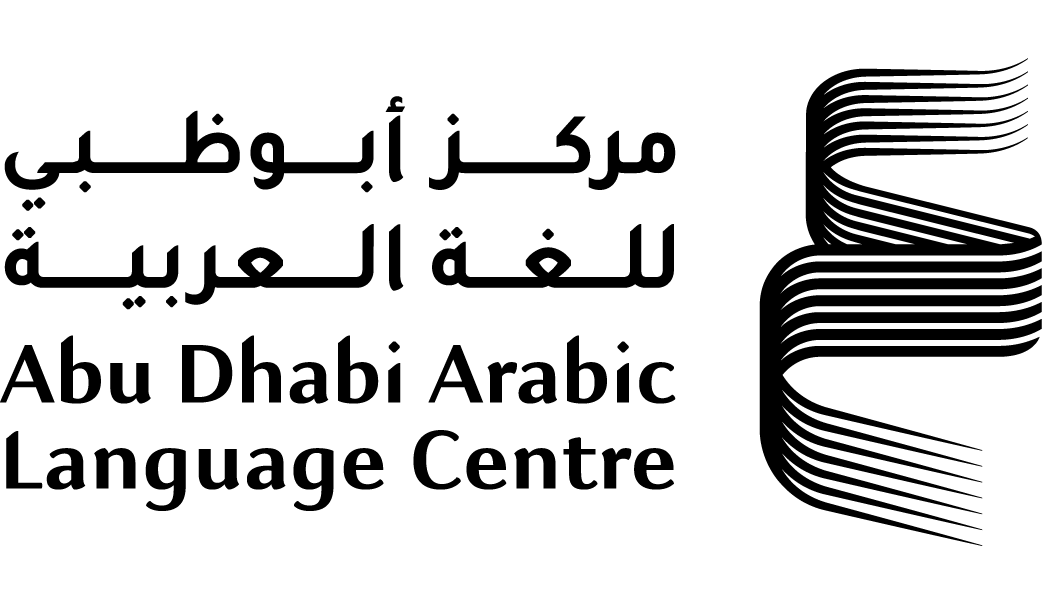The Abu Dhabi Arabic Language Centre (ALC), part of the Department of Culture and Tourism - Abu Dhabi (DCT Abu Dhabi), has announced the results of the third edition of its successful Research Grant Programme.
This year’s edition received a total of 111 participants from 17 countries, including 13 Arab countries, one African, two Asian, and one European. This marks an increase of nearly 40% over the last session.
His Excellency Dr. Ali bin Tamim, Chairman of the ALC, said: “The Research Grant programme is at the heart of our strategic plans at the Abu Dhabi Arabic Language Centre, and aims to support Emirati, Arab, and Arabic-speaking researchers to conduct research that elevates the Arabic language and promotes its use locally and internationally as a language of science, culture, and creativity. The programme offers a significant incentive for researchers focusing on Arabic and reflects the Centre’s commitment to advancing scientific research in the field and enhancing the cultural status of Abu Dhabi, highlighting its pioneering role in supporting and promoting our language.”
This year, the ALC selected eight research papers, whose authors received financial support to complete their work. The Centre aims to create the necessary conditions for scientific research to thrive and to help thinkers, researchers, and creators to produce distinguished works which are worthy of publication.
The papers covered various fields of the Arabic language. In the Supporting Manuscript Editing and Arab Heritage category, the ALC chose three research projects, the first of which, Report on the Book ‘Ibn Musafir’s Choices’, was presented by Moqbel Al-Ahmadi from Yemen and Shafiq Bitar from Syria. An important work of Arab heritage, Ibn Musafir’s Choices provides explanations for 18 highly acclaimed Arabic poems that literary scholars and critics unanimously agreed are outstanding.
Hadith Bayad wa Riyad by Fayez Al-Qaisi from Jordan, examines a prose story by an unknown Andalusian author dating back to the eighth century AH and focusing on platonic love as its main theme. A unique manuscript of the story is preserved in the Vatican Library.
The third paper is titled “The Storytelling Creation: A Study in Narratives... and an Investigation of the Biography of Iskandar Dhul-Qarnayn and the Wonders that Happened to Him”, by Nabil Hamdi Al-Shahed from Egypt. The biography of Iskandar Dhul-Qarnayn is one of the most prominent biographies to not gain popularity and reach in our modern era. The study presents a set of justifications that it seeks to collect and study, in order to make it one of the most notable biographies of a historical figure with profound impact and who was mentioned in the Holy Qur’an.
In the Literature and Criticism category, the ALC selected four research papers, the first of which is Evolving Narratives in Emirati Literature: A Technical Study, by Maryam Al-Hamshi from the UAE. The study explores narrative and character building, as well as novel development and overlapping literary genres.
The New Historical Novel and Betting on Fantasy by Mustafa Al-Nahhal from Morocco seeks to develop the critical approach to new historical novels, both in line with the development of literary theory and analysis, and according to the evolution of the fictional discourse itself, which takes history as its background and a framework for fantasy.
The Literary and Critical Movement in Saudi Arabia: Beginnings and Trends by Muhammad Al-Safrani from the Kingdom of Saudi Arabia aims to outline a framework for Saudi literature and poetry in the course of the renaissance of Arabic poetry, impressionism, and modernity in poetic and literary criticism in the Kingdom.
The fourth research paper in this category is The Aesthetics of Meaning: The Philosophy of Tradition in the Arabic Language from Interpretation to Meta-Interpretation by Shafiqa Wail from Algeria. The study examines the Arab philosophy of tradition on the grounds that it is an ‘aesthetic’ of meaning and considers the process of understanding in a new philosophical field by returning to the ontological origin of the Arabic language and its heritage, and through a new framework: meta-interpretation.
Lastly, in the Arabic Lexicon category, the ALC selected The Illustrated Arabic Dictionary for Children by Amr Gomaa from Egypt, an illustrated Arabic dictionary directed at children in the early years of their development and elementary education.
![alc-default-cursor]()
